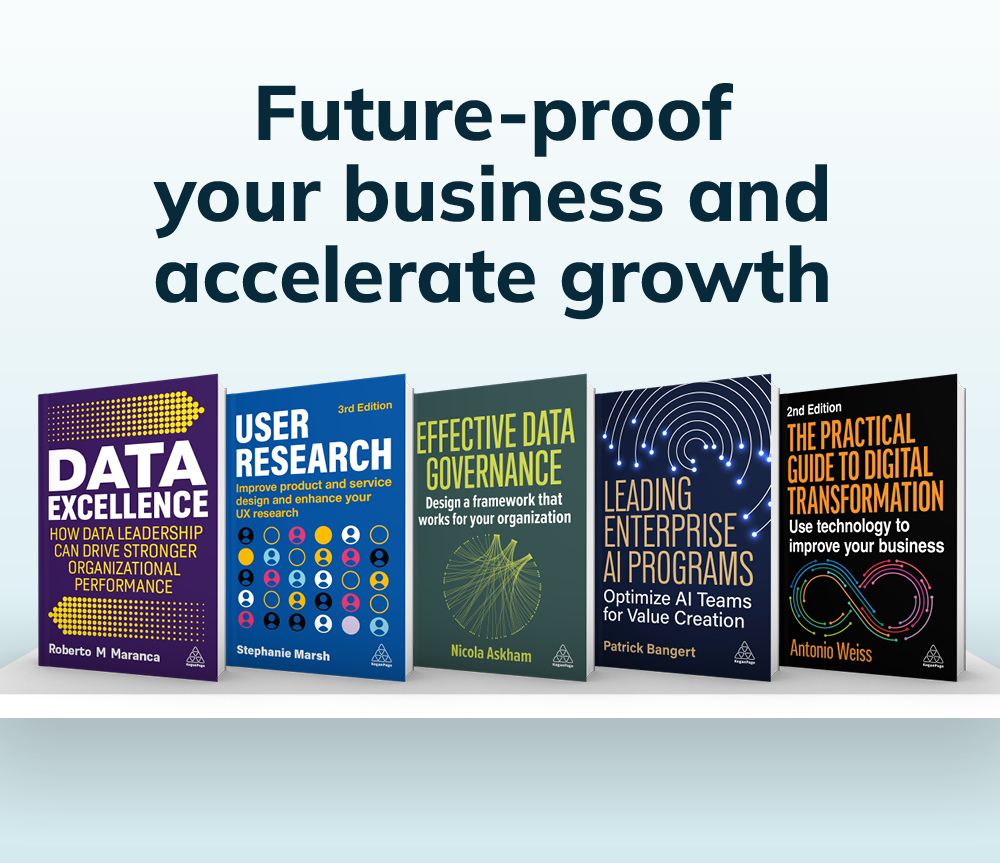Get a FREE ebook with your print copy when you select the "bundle" option. T&Cs apply.
Business Strategy Books
Latest books in Business Strategy
Trending books
Latest insights in Business Strategy
PR & Communications, Business Strategy Are you putting enough resources behind your reputation? Amanda Coleman discusses why you should ensure your reputation is taken care of from the start.
Data, Analytics & Research, Business Improvement Understand how what a big data strategy is and the best way to implement this into your business.
Sustainability Explore how you and your organization can make a difference in the journey towards a more sustainable future through ESG planning and cultural mindset changes.







